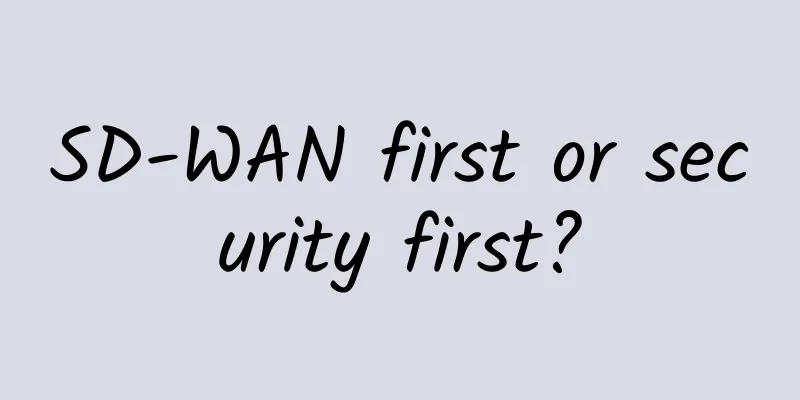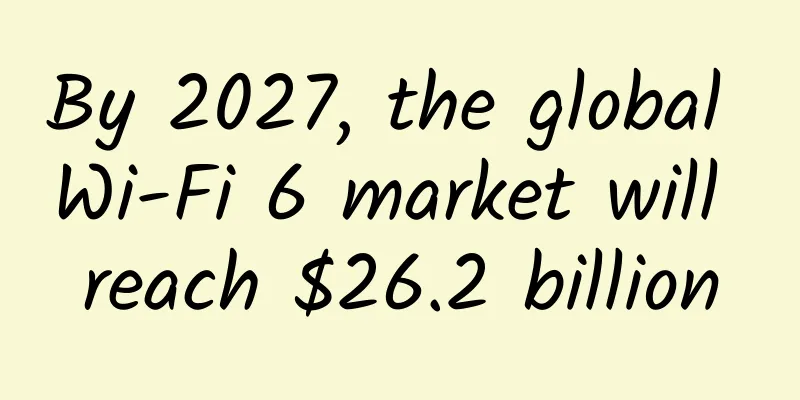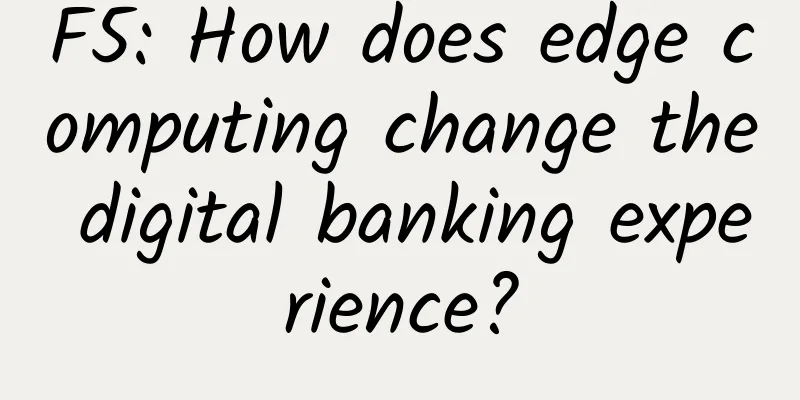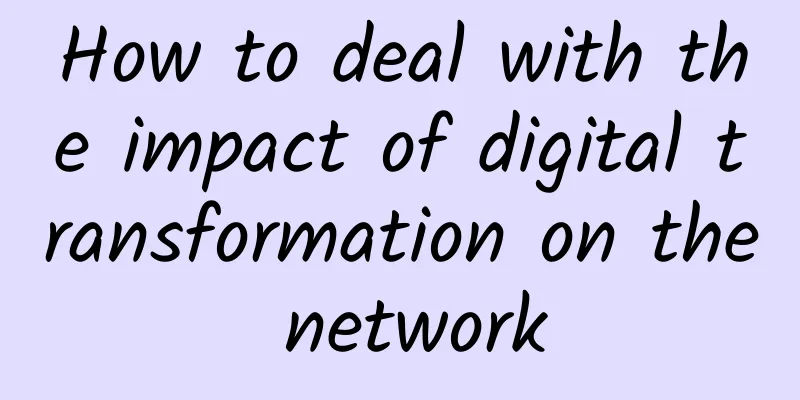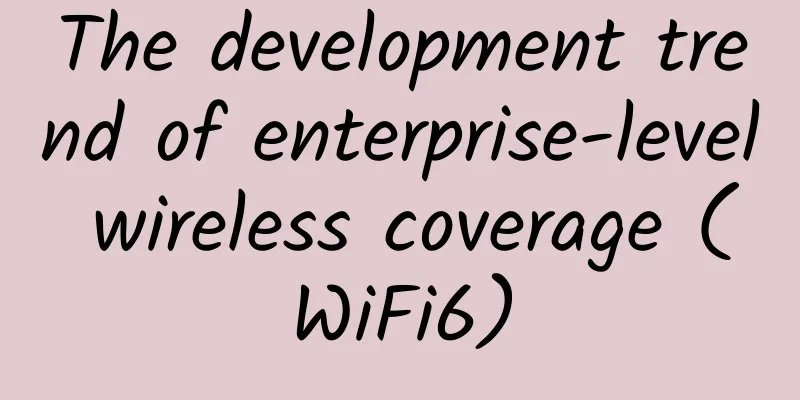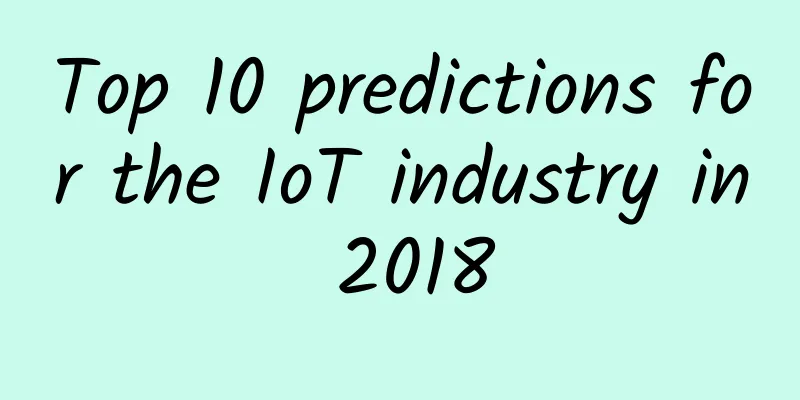Seven technology trends for 2018 that IT pros need to know
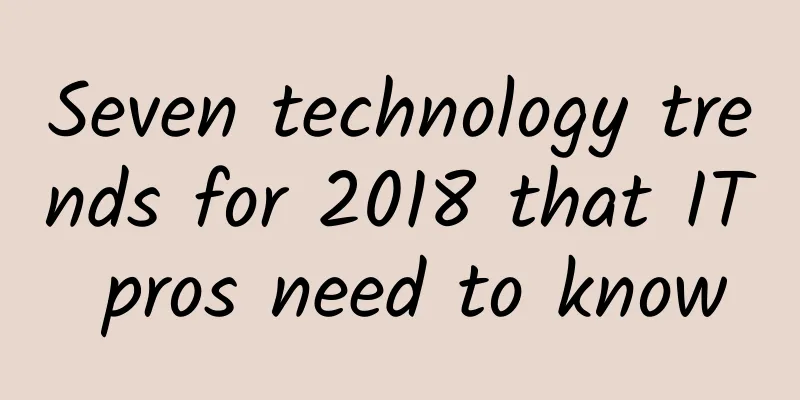
|
As 2017 draws to a close, IT industry leaders are considering the technology trends that will impact their business in the year ahead and beyond. Analysts at research firm Gartner recently attended an industry conference in Orlando and presented their predictions for the latest strategic technology trends in 2018. Gartner believes that "strategic technology trends are a substantive disruptive potential that will transform into broader impact and application in emerging countries, with a rapidly growing trend that is highly volatile and will reach a critical point in the next five years."
Here are seven strategic technology trends for 2018 that are relevant to IT professionals, and what you can do now to prepare: (1) Artificial Intelligence Foundation Gartner predicts that by 2020, creating systems that learn and act autonomously will become a "primary battleground" for technology vendors. Action Item: Invest in skills, processes, and tools to build AI-enhanced systems; including data preparation, integration, algorithm and training method selection; and model creation. (2) Intelligent applications and analytics Applications and services will continue to incorporate some level of AI. According to Gartner, intelligent applications create a “new intelligent intermediary layer between people and systems” and have the potential to change the nature of work and the workplace. Action item: Think about how AI can add business value to software and services and improve user experience (3) Digital Mirror Gartner says digital twins are a promising area over the next three to five years in the context of IoT projects. Digital twin assets have the “potential to significantly improve enterprise decision making.” Action Item: Consider a strategy for the digital twin; over time, improve the ability to collect and visualize the right data, apply the right analytics, and effectively address business goals (4) From the cloud to the edge Edge computing enables the collection and delivery of content closer to the source of that information, reducing latency. Action Item: Start using edge design patterns in your infrastructure architecture (5) Platform for dialogue Gartner says that while conversational platforms have reached a tipping point in their understanding of language and basic user intent, they still fall short. According to Gartner, over the next few years, conversational platforms will be delivered in dedicated hardware, core operating system features, platforms and applications. Action Item: Choose a conversational platform with a strong conversational model and API to help deliver complex outcomes (6) Event-driven According to Gartner, business activities are “digitally represented” and reflect states or changes in states that are found to be significant, such as a purchase order being completed or an airplane landing. Gartner says event brokers, the Internet of Things, cloud computing, blockchain, in-memory data management, and artificial intelligence can all help enterprise events be detected faster and analyzed in more detail. Gartner says, “Event thinking is a critical component of a digital business-native organization. A well-functioning digital business is always in the ecosystem, always aware and ready to respond, so it must be well-grounded in event processing.” Action Item: Consider the need for cultural and leadership changes and technology to adopt event thinking. (7) Continuous Adaptation of Risk and Trust According to Gartner, the Continuous Adaptive Risk and Trust Assessment (CARTA) approach allows for real-time decision making and lowers barriers between security and application teams. Action item: Integrate security testing at multiple points into the DevOps workflow (DevSecOps). |
<<: Finding strength in numbers: Data center agglomeration effect
>>: Why edge computing is central to the development of the Internet of Things
Recommend
"2021 Bots Automation Threat Report" in-depth analysis of the four characteristics and five scenarios of automation threats
As Bots automation tools become more platform-bas...
Will 5G phones turn back to 4G? Possibly
At the press conference of the State Council Info...
Design tiny url
Design tiny url For example, Maimai will not allo...
A "cloud" floats over the grassland: Huawei and the Ulanqab Municipal Government jointly build a cloud data center
Driven by the wave of informatization, Ulanqab Ci...
Connecting new momentum, intelligent manufacturing wins the future: Huawei Intelligent Manufacturing Network Innovation Digital Summit 2022 was successfully held
On October 28, Huawei Intelligent Manufacturing N...
Deep sea battle: Cloud computing companies are strongly involved in laying submarine optical cables
I was thinking of writing about this topic by acc...
Banwagong: Los Angeles CN2 annual payment starts from $46.5, 1-10Gbps US CN2 GIA/Hong Kong CN2 GIA/Japan CN2 GIA
Bandwagonhost VPS was founded in 2012 and is affi...
Bloomberg: China is winning the multi-trillion dollar war for 5G
The coronavirus has not slowed down China’s stead...
[5.1]BGPTO: Japan server $64/month, E3-1230v3/16GB/480G SSD/20M Softbank line
BGPTO is promoting a dedicated server in Tokyo, J...
When will the API chaos end? Ruishu Information strikes hard to eliminate the "chronic disease"
In the era of "everything can be API", ...
What is the difference between MPLS and IP?
MPLS VS IP (1) IP forwarding principle: The route...
Software defines everything! What you must know about enterprise network modernization
[[427967]] This article is reprinted from the WeC...
Discussion on SD-WAN and IP Network Evolution
[[206217]] SD-WAN Today For most enterprises, IT ...
Huawei releases MetaAAU, reducing energy consumption by 30% and improving performance and energy saving
On September 27, at the China (Beijing) Internati...
